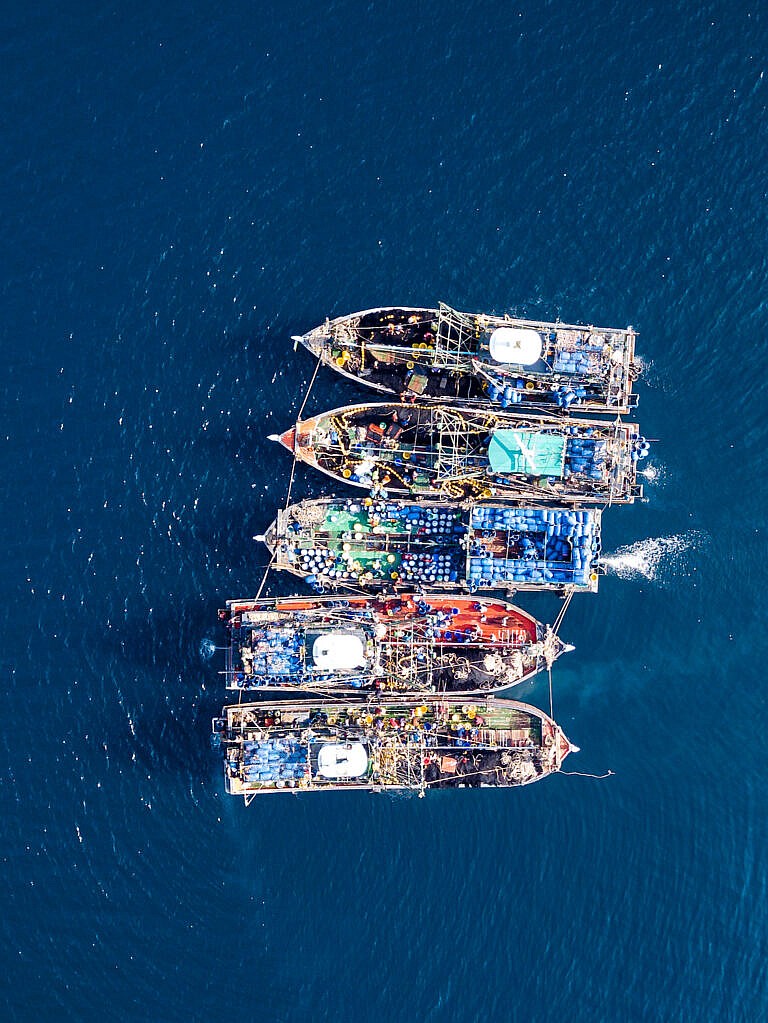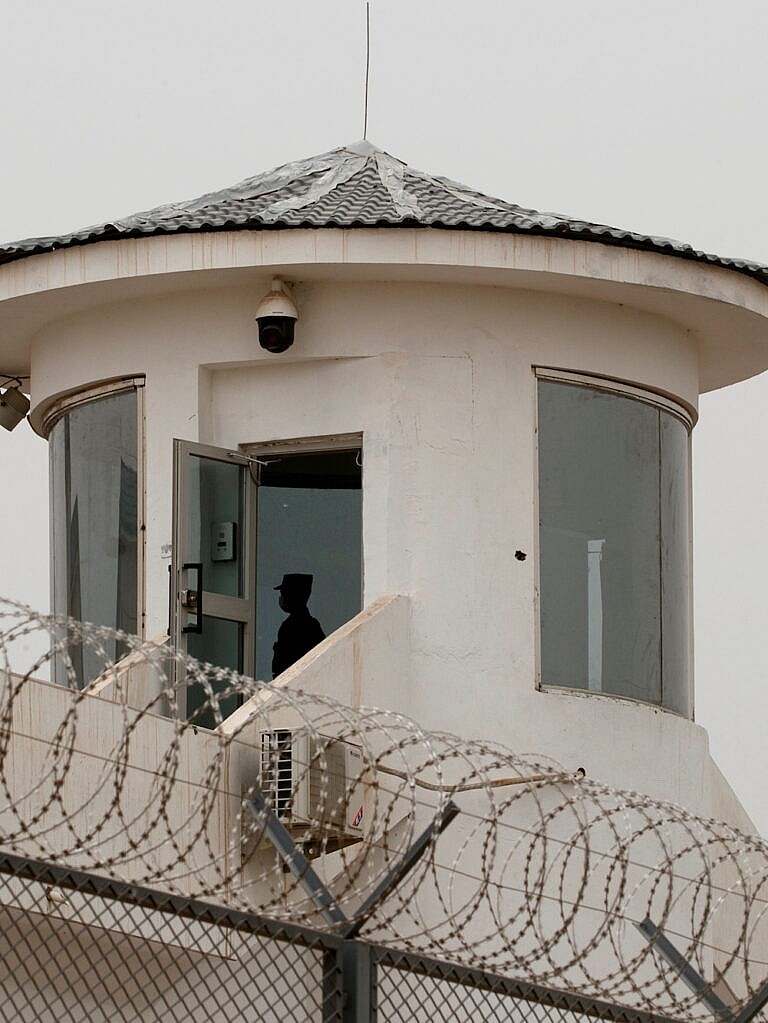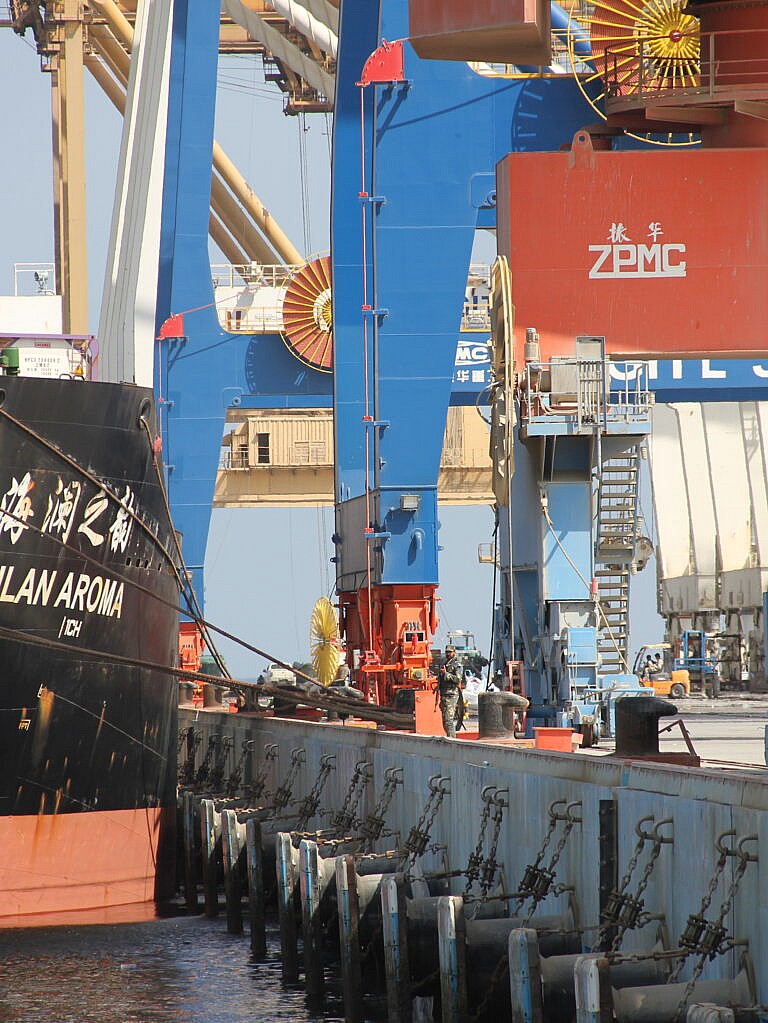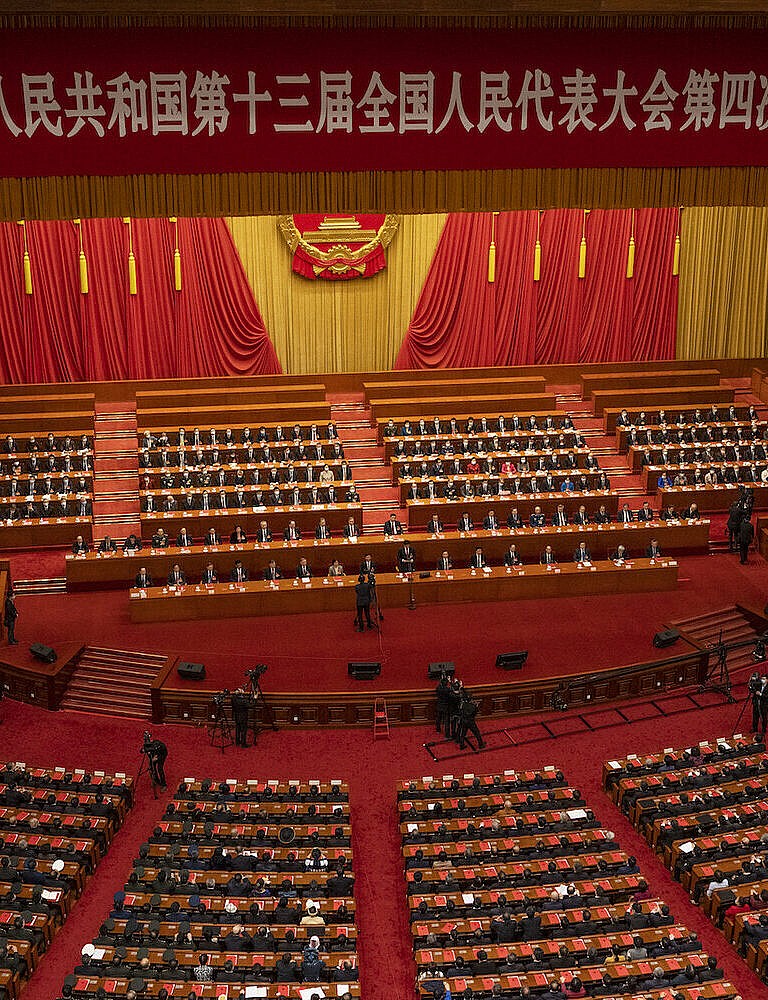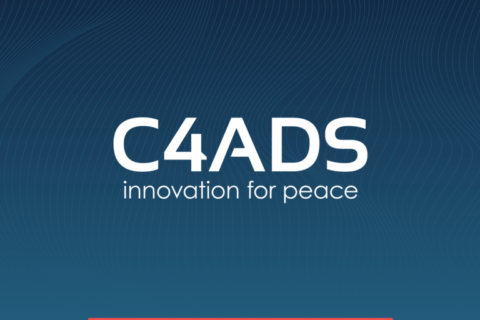China
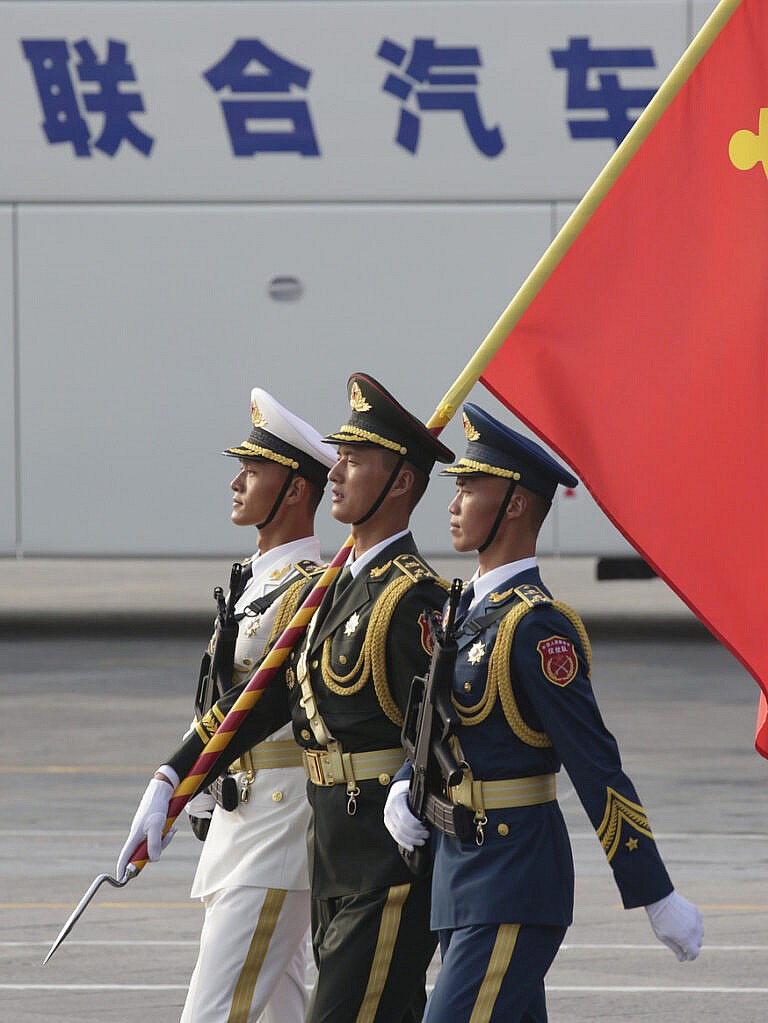
The People’s Republic of China (PRC) has thoroughly cemented its place as a top world power and a key centerpiece of global trade. But as a state made up of a single ruling party, China often acts outside of the realm of international norms. While the inner-workings of China’s party-state structure remain cloudy to the international community, its involvement in global commercial and development activities nonetheless poses risks to foreign entities, all the while threatening global human security, environmental sustainability, and sovereignty.
With a unique interdisciplinary approach, C4ADS maps how the Chinese party-state interacts with the world beyond its borders. We find that, rather than always acting directly, China often functionally extends its influence and pursues its national interests through a system of networks. These networks, which are exceedingly complex, diversified, and politicized, can expose foreign entities to illicit supply chains connected to illicit activities like illegal fishing, forced labor, or the party-state’s efforts to attain foreign technologies for its own defense interests. To make matters worse, these networks blur the distinction between private and state-owned actors, creating an exceedingly challenging environment for de-risking efforts to untangle.
Through high-scale data integration, C4ADS helps governments and commercial actors alike conceptualize the risk posed by Chinese actors, and pinpoint actors engaged in illicit economies ranging from fentanyl production to wildlife trafficking. By leveraging the power of publicly available information, C4ADS maps the networks connecting China’s party-state, illicit actors, and the global commercial economy, improving transparency in global engagements with China.
